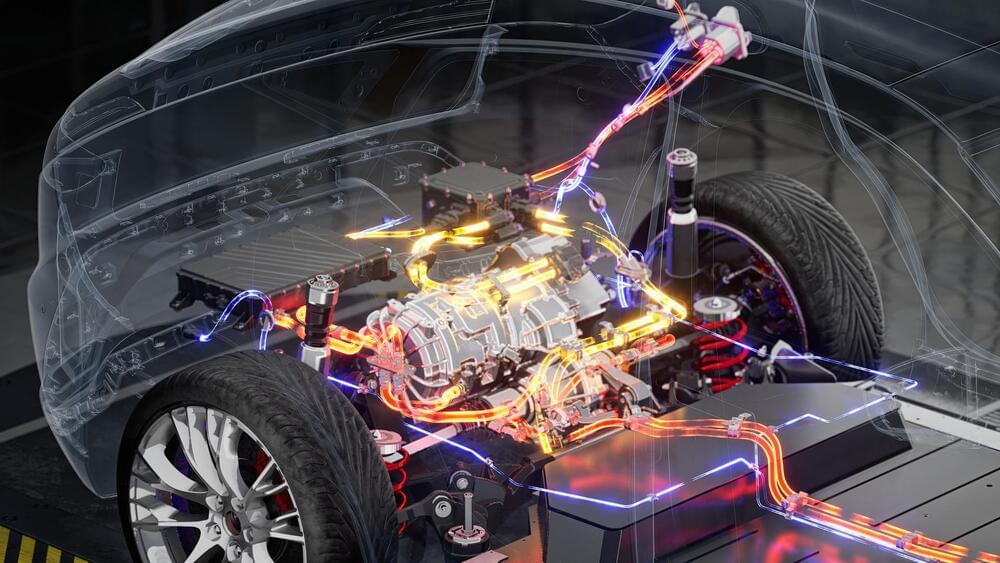Batteries made from waste and methane offer lower CO2 emissions than current technologies.
It’s also being claimed that the technology has the potential to improve fast-charging speed by up to 50%, making EV ownership even more convenient. Lithium-sulfur batteries are expected to cost less than half the price per kWh of current lithium-ion batteries, according to Stellantis.
The batteries will be produced using waste materials and methane, with significantly lower CO2 emissions than any existing battery technology. Zeta Energy battery technology is intended to be manufacturable within existing gigafactory technology and would leverage a short, entirely domestic supply chain in Europe or North America, according to a press release.
Ned Curic, Stellantis’s Chief Engineering and Technology Officer, stated that the collaboration with Zeta Energy is another step in helping advance the company’s electrification strategy as they work to deliver clean, safe, and affordable vehicles.









Leave a reply